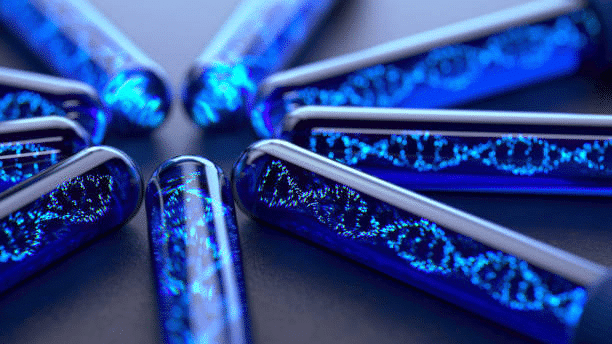Advances in medical science now allow doctors to study your genes to check for health problems. Genetic testing identifies changes or mutations in your genes and helps diagnose and estimate your risk of developing hereditary diseases such as cancer.
Before you undergo genetic testing, you need genetic counseling to help you make an informed decision. A genetic counselor will help you understand whether you need a test and plan the ideal test for you. Genetic testing and counseling give you an insight into your health to improve the medical care you and your family receive in the future.
Here are some genetic testing and counseling FAQs to help you better understand their benefits.
1. What Is Genetic Testing?
Genetic testing is a procedure to look at your genes or DNA and identify changes that cause hereditary health conditions like cancer. It helps doctors diagnose health problems and choose the right disease prevention and treatment plan for you.
Getting a genetic test is a matter of personal preference. If you decide to go for it, you will have to visit a genetic counselor to check if you need genetic testing and plan the procedure.
2. What Is Genetic Counseling?
Genetic counseling is a process to evaluate and understand your risk of hereditary cancer. It will help you learn about genetic testing and the type of test you may need. Typically, genetic counseling happens before and after genetic testing to help assess if you need it, find the right test, and understand your results.
A genetic counselor will clear all concerns and queries about your risk of developing cancer based on your family history and medical history. The genetic counselor will inform you about risk factors and support you in making an informed decision.
3. Why Do You Need Genetic Testing and Counseling?
Genetic testing and counseling can help with the following:
- Identify whether a hereditary disease like cancer runs in your family
- Learn about your chances of developing a genetic condition before you show symptoms
- Diagnose hereditary conditions like cancer
- Develop or improve your cancer prevention plan
- Identify gene changes responsible for an existing condition
- Determine the severity of your disease and modify the treatment accordingly
- Provide specific, customized treatment options
- Identify if you have any gene changes that may pass on to your children
- Screen newborns for genetic conditions
Genetic testing can diagnose different hereditary cancers such as breast cancer, uterine cancer, ovarian cancer, colorectal cancer, and Lynch syndrome. Breast cancer can be diagnosed by checking for the BRCA gene mutation.
4. How Is Genetic Testing Done?
Men and women can do genetic testing. It requires your spit or blood, and your genes will be isolated from the sample. The gene experts will check for genetic changes or mutations in one or more genes that cause hereditary cancer. Your results will be ready within a few weeks.
Because you and your family members share genes, if you have a genetic change, your family members may have it too and can consider getting tested for it.
5. If You Are Diagnosed With Cancer, How Can Genetic Testing and Counseling Help?
If you have cancer, genetic counseling and testing can help you better understand your disease and assess the risk of cancer in your family. Genetic testing can determine the cause of your cancer and find the best possible treatment plan.
6. Does Insurance Cover the Cost of Genetic Counseling and Testing?
Several insurance companies cover genetic testing. However, check with your insurance company for details regarding your plan before you schedule your test.
7. Where Can You Go for Genetic Testing and Counseling?
Nevada Surgery & Cancer Care (NVSCC) offers expert genetic counseling and testing services to identify your risk of developing hereditary cancer and help you process the results. NVSCC ensures that patients completely understand the results and plan for the appropriate medical care or treatment plan. Schedule an appointment with a genetic counselor at NVSCC for your genetic testing today.

